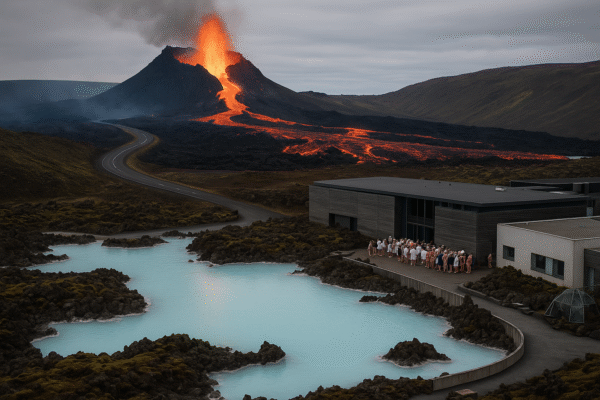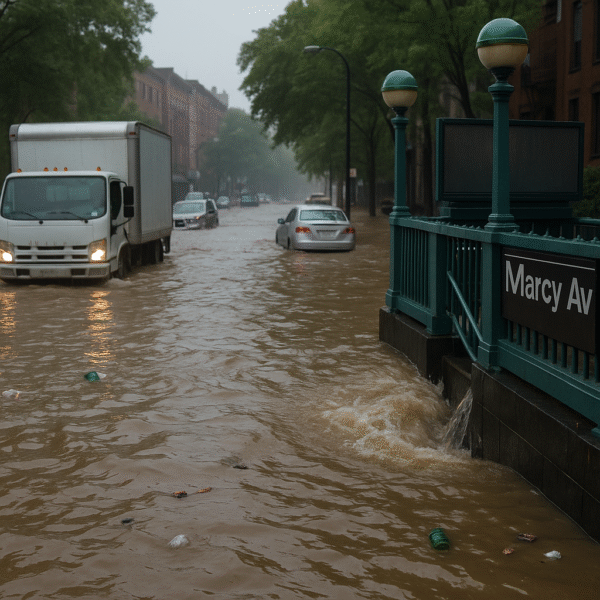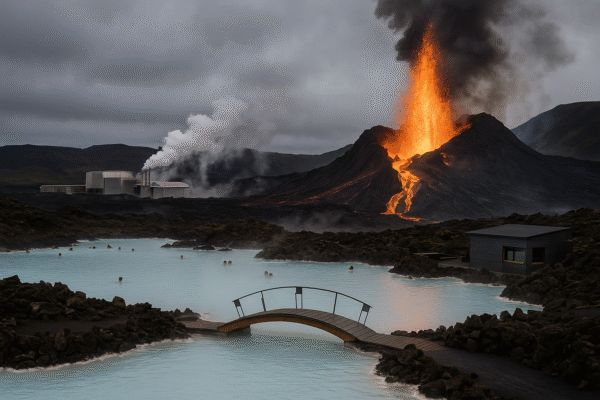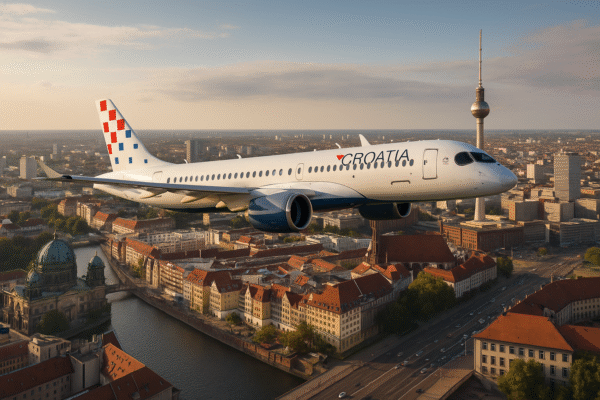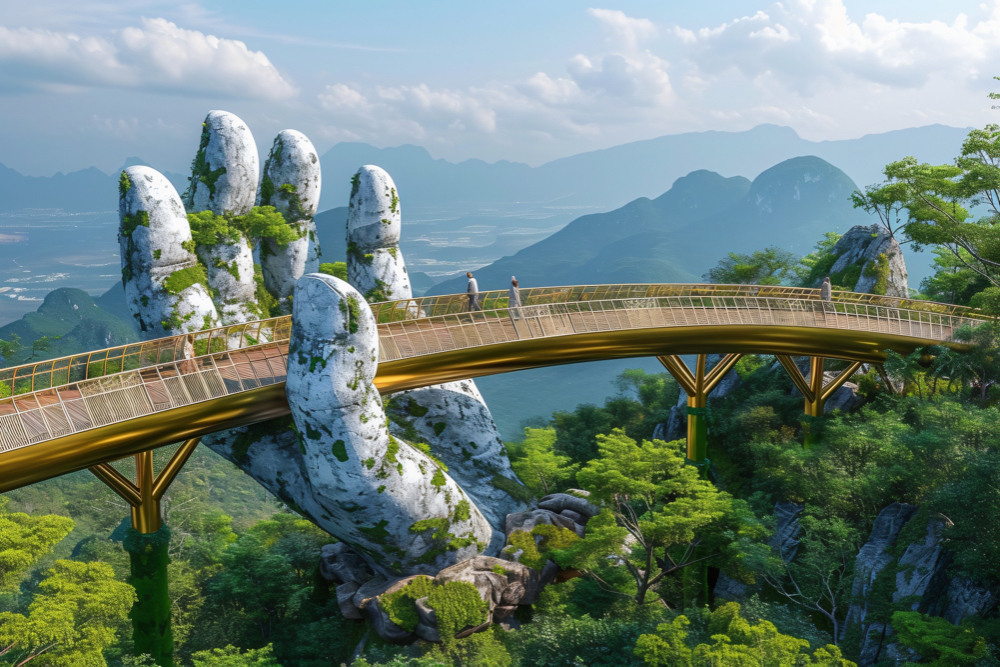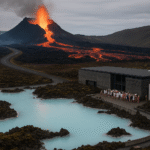As global travel rapidly embraces the power of immersive technology, Vietnam is stepping boldly into a new era of smart, sustainable tourism. With government-backed initiatives and innovative tech integration, the country’s tourism sector is now evolving into a dynamic, digital-first ecosystem—powered by augmented reality (AR), artificial intelligence (AI), and extended reality (XR).
Backed by a national roadmap to digitize tourism by 2030, Vietnam is working to become a regional leader in next-generation travel experiences, merging technological advancement with deep cultural preservation. The country’s emerging model of tourism is rooted not only in innovation but also in sustainability and accessibility, ensuring both global reach and local impact.
Hue Brings Imperial History to Life with Augmented Reality
In central Vietnam, the ancient capital of Hue is showcasing how immersive technology can resurrect historical landmarks. The Hue Monuments Conservation Centre, in collaboration with tech partners, has launched an AR project titled “Finding the Lost Imperial Palace.”
Using Nreal Air AR glasses, visitors walking through the Ngo Mon Gate or Duyet Thi Royal Theatre are virtually transported to the Nguyen Dynasty era. Through these glasses, they can witness court ceremonies, royal guards in formation, and traditional performances digitally recreated in the exact spaces they once took place.
This innovative approach not only restores long-lost structures but also fosters emotional engagement with Vietnamese history, turning static sites into living, interactive museums.
Quang Tri Goes Virtual with Cultural and Natural Treasures
To the south in Quang Tri Province, another project is unfolding—one that makes Vietnam’s cultural and natural landmarks accessible from anywhere in the world. In partnership with the provincial Department of Culture, Sports, and Tourism, telecom company MobiFone is digitizing key heritage sites, including:
- Phong Nha-Ke Bang National Park (UNESCO World Heritage Site)
- Chut ethnic minority villages
- Local museums and cultural centers
Through 360-degree video, 3D scanning, voice-narrated tours, and VR experiences, users can now explore Vietnam remotely, experiencing its biodiversity, cultural rituals, and architecture through their devices. This model not only enhances digital accessibility but also protects fragile ecosystems by offering alternatives to physical over-tourism.
AI-Powered Personalization Redefines Travel Itineraries
Vietnamese travel companies like AZA Travel are integrating artificial intelligence into itinerary creation, revolutionizing how travelers plan their journeys. Instead of relying solely on tour operators, travelers can now use AI systems that analyze:
- Budget
- Travel preferences
- Time availability
- Past behaviors and ratings
These systems then generate custom itineraries in seconds, offering everything from cultural walks in Hanoi to adventure excursions in Ha Giang—tailored for each individual. As AI tools grow smarter, they are helping to democratize personalized travel, bridging the gap between first-time tourists and seasoned explorers.
Smart Tourism Ecosystems: A Seamless Experience
Vietnam’s smart tourism vision is built on integration across platforms. Through mobile apps and centralized digital interfaces, users can now plan, book, and engage with their travel experiences more intuitively than ever before.
Key features of emerging smart tourism platforms in Vietnam include:
- Real-time itinerary suggestions
- Location-based AR navigation
- AI chatbots for travel assistance
- QR-enabled cultural storytelling
- Instant bookings and local event alerts
These technologies are not replacing human interaction, but rather enhancing the roles of local guides, who now act as storytellers and cultural ambassadors in both physical and virtual realms.
Addressing Accessibility and Digital Inclusion
While younger travelers may easily adapt to AR and VR technologies, Vietnam’s tourism authorities recognize the importance of digital inclusivity. To ensure success, tech experiences must be intuitive, multilingual, and user-friendly, particularly for older generations and rural communities.
Government plans under the National Digital Transformation Program include:
- Public-private partnerships to train local tourism workers
- Investment in digital infrastructure across all provinces
- User interface design aimed at broader demographics
By placing usability at the core of its strategy, Vietnam is laying the foundation for inclusive tourism growth across all age groups and regions.
A Sustainable Digital Future for Vietnamese Tourism
Vietnam’s integration of AR and AI isn’t just about flash and novelty. These tools are central to sustainable tourism. Virtual experiences reduce the environmental footprint, support local communities by extending the tourism season, and protect delicate heritage sites from overcrowding.
Initiatives like the Ban Na Ton Chan Homestay model in Thailand—recently recognized by the PATA Gold Awards—demonstrate how digital storytelling can enhance sustainable travel. Vietnam is now applying similar principles by digitizing indigenous cultures and lesser-known sites, boosting economic impact without physical strain.
2025: A Milestone Year for AR and AI in Vietnam Tourism
Industry analysts predict that 2025 will mark a turning point for the mainstream adoption of AR in travel—akin to the rise of QR code usage during the pandemic. Lightweight, user-friendly devices like AR glasses are becoming more affordable, and travel applications are catching up.
With tools like virtual previews of destinations, AI-generated trip plans, and cultural VR tours, Vietnam is poised to lead in Southeast Asia’s race toward digitally enhanced tourism.
Conclusion: Leading Asia’s Smart Travel Revolution
Vietnam’s tourism sector is undergoing a bold transformation, moving beyond traditional models to embrace a future where technology and culture intertwine. By investing in smart platforms, immersive heritage, and AI personalization, the country is laying the groundwork for a more engaging, efficient, and sustainable travel ecosystem.
As global travelers seek meaningful, tech-forward experiences, Vietnam is ready to deliver—with history in one hand and innovation in the other.
For more travel news like this, keep reading Global Travel Wire
Disclaimer: This image is AI generated and may bear no resemblance with actual fact or images




